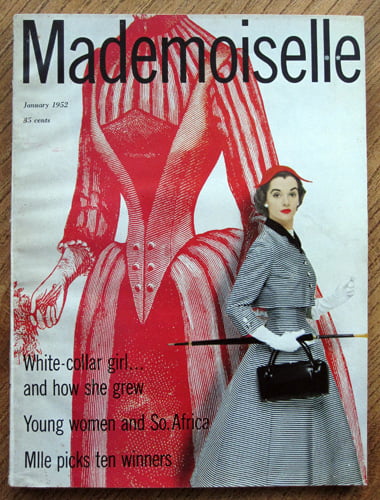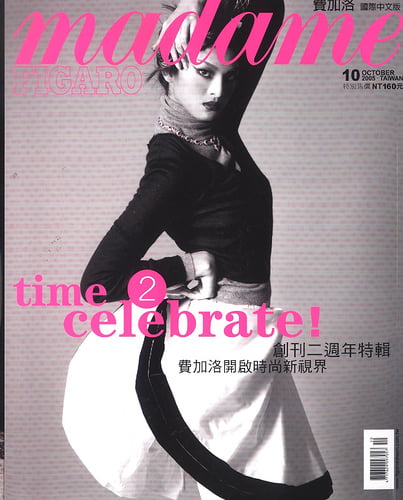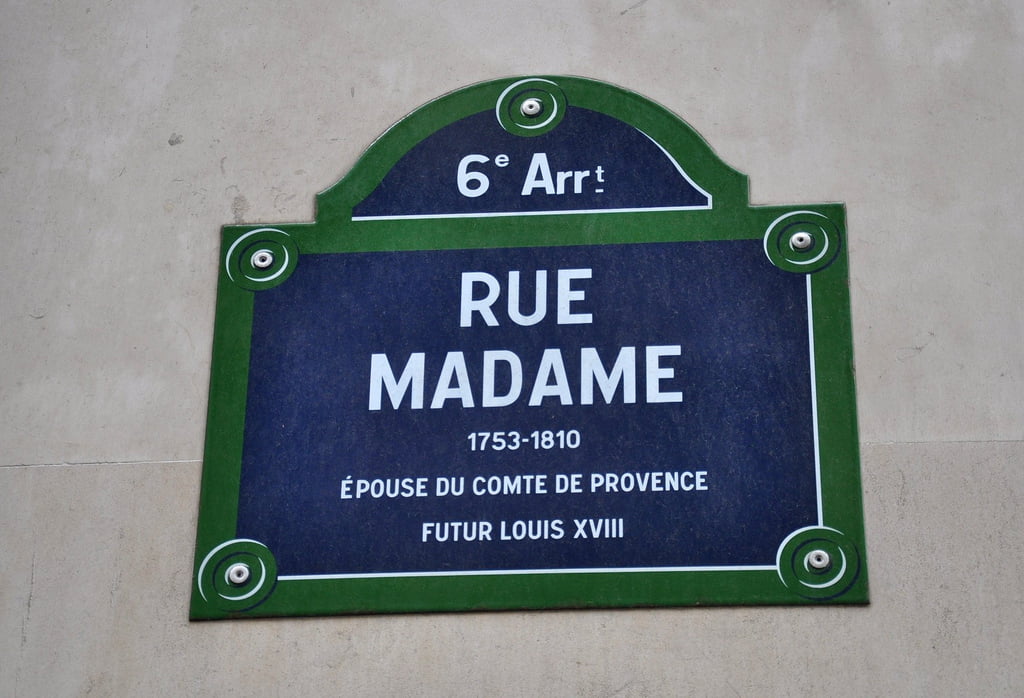From mademoiselle to madame: Finding my place in France
The French love the concept of ‘mise en place‘. That is, a home for everything, and everything in its home. This term is most often associated with cooking, but I think it also aptly describes their penchant for obsessively giving names to things.
Les Français adore articles, assigning arbitrary genders to the most neutral of things, and they insist on attaching a title to people every time they are addressed.
Where in Australia, a customer entering a shop would be addressed with a simple “Hello” (or indeed, perhaps not at all); in France one will most certainly be addressed using monsieur, madame or mademoiselle.
For men, it is very straightforward – every male other than the youngest of children are referred to as monsieur. For women, it gets a little more complicated. If you are unmarried, you are referred to as mademoiselle, otherwise, madame.
Finding my place in France

And just when I was starting to get used to being addressed as mademoiselle, I went and got married, and overnight, without anyone asking my permission, I became madame. Where mademoiselle implied a certain mystery, and fancy-freeness, madame seems concrete, serious, and somehow makes me feel old.
No middle ground for the French

French novelist Marie Darrieussecq sees this as a blatant case of female inequality:
“The freedom of women in France is very much a matter of words, and I think it is intimately related to language.”1
But really, I don’t mind all that much. Whilst the title might make me feel a little ‘frumpy’, I don’t take it to be a bigger statement about my role as a woman. Then again, perhaps if I was born French, I’d feel differently.
To all women – French or otherwise, how do you feel?
References1. ‘Madame, Mademoiselle: in France these are about sex, not respect‘, by Marie Darrieussecq for The Guardian 24/02/12. Image Credits:
1. Rue Madame, by THEfunkyman on Flickr
2. Mademoiselle, by shelfappeal on Flickr
3. MF Taiwan, by gabriel.jorby on Flickr








I didn’t even think that there wouldn’t be a third option in French, like there is ‘Ms.’ in English. I always select ‘Ms.’ in forms. In France I’d still be mademoiselle. Personally I wish they had identifying prefixes for men, too. That way I could know which ones were still available 😉
Haha thank you for your comment! What a great suggestion for men!
Haha Alyslinn! I also like your suggestion!
It is also raises another point on gender inequality – that men get to remain anonymous with regard to their marriage status when it comes to prefixes while French women cannot.
And for men, their marriage status didn’t matter, because they could have mistresses and lovers. But the ladies had to be virtuous if they were married. An unfortunate (and still common, as far as I can tell) double standard.